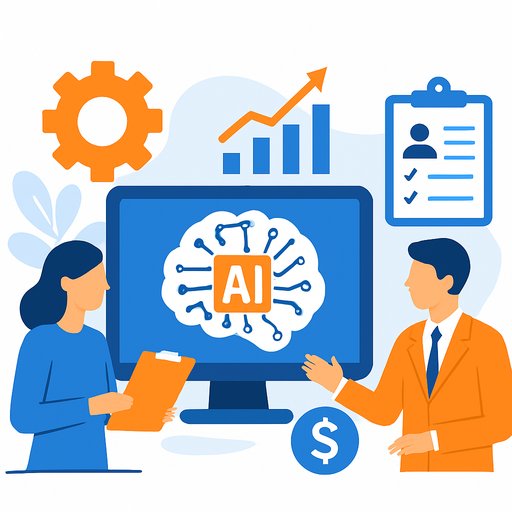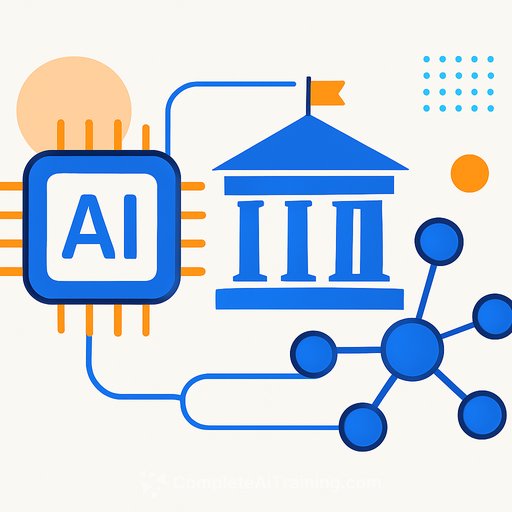Trust Begins with Data: How AI is Changing Product Information Management
When a shopper finds incorrect product specs online, calls support only to receive conflicting details, and ends up returning a product they never should have bought, the core issue is often poor product data—not bad customer service.
In an omnichannel environment, product information goes beyond back-office management. It directly affects customer experience, drives personalization, and establishes trust. However, many traditional product information management (PIM) systems struggle to keep up with the scale and intricacy of modern digital operations. Artificial intelligence (AI) is now shifting this dynamic.
AI Moves Beyond Experimentation
Research from Inriver surveyed 317 global product, marketing, and IT executives. The findings show that AI is no longer just a pilot project—83% say AI is already integrated across multiple workflows.
The benefits are clear:
- 87% report increased customer trust
- Over 80% observe measurable business improvements, including faster time-to-market and more accurate product data
The Balance Between AI and Human Judgment
Interestingly, 90% of respondents still encounter occasional AI-driven content errors. Despite this, trust continues to grow. This happens because AI isn’t replacing human decision-making; it’s enhancing it.
The most successful organizations deploy AI selectively—using it for tasks like data categorization, onboarding, and enrichment, where it adds clear value. Meanwhile, they maintain human oversight in areas with high brand risk.
In fact, 50% of companies use human-in-the-loop processes, and another 26% apply selective automation with defined checkpoints. The goal isn’t full automation but smart allocation of AI and human input.
What This Means for Product and Development Managers
As product managers and development leaders, it’s critical to understand where AI can streamline operations without compromising quality or trust. Focus AI efforts on routine, data-heavy tasks, and keep humans involved in reviewing sensitive or complex content.
This approach improves product data accuracy, speeds up launches, and builds stronger customer confidence—ultimately driving better business outcomes.
For those looking to deepen their understanding of AI in product management and related fields, exploring targeted AI courses can provide practical skills and insights. Resources such as Complete AI Training’s courses by job role offer focused learning paths.
Your membership also unlocks:









